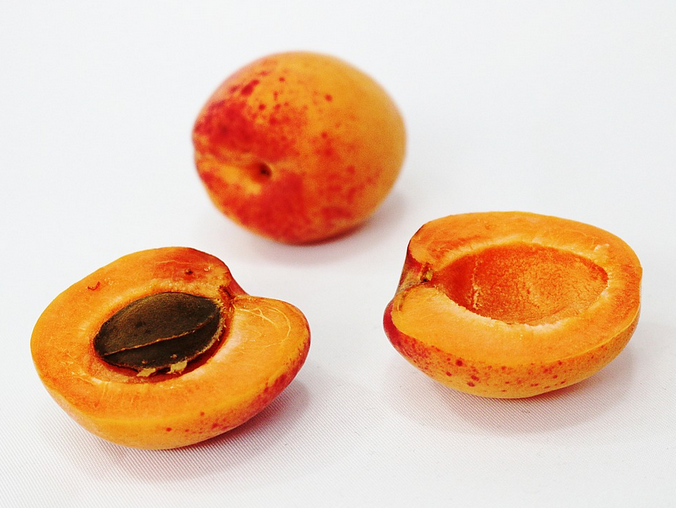Consumers urged to avoid apricot and almond kernels

UK consumers are being advised to avoid bitter apricot kernels as a naturally-occurring substance in the kernels changes to cyanide once eaten.
The call by the UK government-led Food Standards Agency (FSA), which also relates to raw, unprocessed sweet apricot kernels, bitter almond kernels and powdered forms, follows a recent study by the European Food Safety Authority (EFSA).
Bitter apricot kernels and bitter almond kernels contain high amounts of amygdalin that contributes to the bitter taste, but changes to cyanide once consumed. The FSA says variable amounts of amygdalin will also be present in the sweet apricot kernels.
Cyanide is a poisonous chemical that can cause nausea, fever, headaches, insomnia, thirst, lethargy, nervousness, joint and muscle aches and pains, falling blood pressure, and in extreme cases can be fatal.
Apricot kernels and bitter almond kernels can be used as flavouring in some foods, such as persipan paste. These processed products are safe to eat because the kernels have undergone processing and lead to no harmful risks from cyanide.
Based on cyanide levels, typically present from raw apricot kernels, EFSA’s study found that an adult who eats less than half of a large kernel could exceed the safe level. For toddlers, the amount would be about half of one small kernel.
EFSA also concluded it was not possible to distinguish between the bitter and sweet varieties of apricot kernels. In addition, scientific literature shows that cyanide levels in raw bitter almond kernels are similar to apricot kernels and so the same advice would apply.



